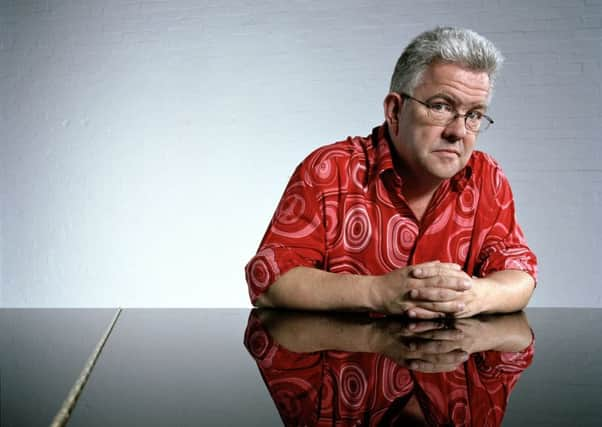Ian McMillan: Catchy and Saatchi


I’m fascinated by the use of the resonant phrase, and the copywriters who create these slogans are masters and mistresses of the art. Somehow, through days or weeks of trial and error, they manage to manufacture a little parcel of words that will define the way we think about a product, and will, when we hear them years later, plunge us instantly back in time as a wave of nostalgia breaks over us.
I like to imagine the meetings, in rooms that are just a little bit too warm, around flip charts or electronic screens that are littered with the detritus of failed attempts and half-built slogans and memorable sentences that weren’t, in the end, all that memorable. Language is kicked around and held up to the light; words are examined for meaning but often for something more than that, for puns or plays on words or for a kind of internal rhythm. The making of advertising copy is a lot like the making of poems, I reckon: each word has to count, each word has to do its own heavy lifting. Eventually the phrase is honed to a kind of oven-ready perfection, and now it must be tested out on audiences and focus groups.
Advertisement
Hide AdAdvertisement
Hide AdSometimes, they say, the phrase just appears in the writer’s head, and I know that to be true occasionally; your brain hands you a linguistic free gift and you accept it gratefully, but I prefer the phrase that’s been worked on but doesn’t show the workings. It’s like a watch that ticks effortlessly as the cogs and wheels whirr frantically behind the serene face. For me, the best advertising slogans are like answers to cryptic crosswords that just pop into your head as you stare blankly at four across or six down; it’s as though you knew them all along.
So, as a reader or a writer, I recommend that you study advertising slogans, particularly the ones that are so familiar you’ve actually forgotten they were advertising slogans in the first place. Try to work out what makes them tick, try to ascertain the ghost drafts behind the gleaming finished product.
Then try to make your own. Pick a product or a brand and have a go at making a resonant phrase that will sell it or at least plant the idea of it in someone’s head. You’ll probably make the best advertising slogan in the world; the words will go clunk, click, and trip off the tongue.